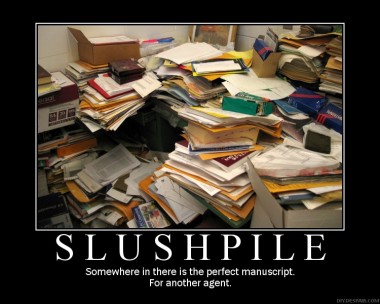I’ve posted before on this blog about my annual reading plan (here), which I’ve done for most of my life to keep my reading varied and voluminous, year after year.
So it will come as no surprise to those who know me or know of my reading plan that I strongly advise reading both new books and old books, especially for writers. Thus, two of the categories in my annual reading plan are “classics” and “new authors.”
For example, this year my classics category includes:
Summer’s Lease (Mortimer)
Requiem for a Nun (Faulkner)
Mosquitos (Faulkner)
Middlemarch (Eliot)
Adam Bede (Eliot)
A Portrait of the Artist as a Young Man (Joyce)
And the books by authors I haven’t read before this year are:
This Tender Land (Krueger)
Ordinary Grace (Krueger)
A Book of Uncommon Prayer (Doyle)
Mink River (Doyle)
The Adventures of John Carson in Several Quarters of the World (Doyle)
The Call: The Desire to Finish Strong (Doyle)
Numerous other categories afford the opportunity to read both old (even ancient) and more recent books, but those two tend to ensure that my reading will span centuries (sometimes even millennia, as some years I’ve included Josephus, Homer, Chaucer, and others in my “classics” goals).
I think a balanced literary diet of books both old and new helps a writer in many ways. It broadens my vocabulary. It alerts me to the ever-changing conventions in both fiction and nonfiction. It reminds me that great writing can transcend changes in language and culture. And helps me to see how more recent writing employs or adapts techniques that have stood the test of time.
How about you? Do you read both old and new books? Why? Please do tell in the comments.



 Unsolicited Proposals: Aka “The Slush Pile”
Unsolicited Proposals: Aka “The Slush Pile”

Ghosts of long-fallen leaves
animate the sap
to bring out fresh green shoots.
It’s fun to pick up a brand-new book from the library, and then to find, hiding in the wind-rustled word-thickets, Homer and Tacitus and Augustine.
I keep finding myself in the 1900’s with Dickens, Poe, Conan Doyle et al. I have to force myself to read new material.
This year I am reading a variety of memoirs—mostly political and the whole gamut from liberal to conservative with a lot else mixed in. Each one has a unique perspective on matters I knew only from news outlets. It’s been interesting and eye opening. In this volatile season leading up to November, it’s been good to reflect on who has gone before, warts and all. Our help comes from the Lord
I read both new books and some classics, because the books I find such as The Last Unicorn bring back memories of the same movies I watched when I was little. The also have some of the same themes that are in the book I’m writing. God can also give you inspiration from the classics as well as the new books in my genre and in others as well.
What do you think of books like “Fall Back Down When I Die” by Joe Wilkins or
“Night Watch” by Jayne Anne Phillips that don’t use quotation marks for dialogue?
Is this some kind of new literary style?
That’s actually the topic of my next post on this blog! Stay tuned.
I like suspense and gothic, and I write suspense, so I vary between older books by authors like the Brontës and Dumas, plus Doyle, Poe and Collins. I’ve tried Christie, but I’m just not that big of a fan. Mostly I read contemporary, from Lynette Easton and Dani Pettrey to cozy mysteries by authors like Kate Carlisle and Vivien Chen. Or “Vera Wong’s Unsolicited Advice for Murderers.” I like a little humor in my mysteries sometimes.
As a person who loves words, the classics, and the opportunity to broaden their vocabulary, I wholeheartedly agree with you. But at the same time, I am beginning to wonder what is the use. In my fiction writing, I am advised from using even the slightly less common word and hounded to maintain easy readability at all costs, negating anything I might learn from the classic authors.
I principally read old books. My reason for doing so is that my time is extremely valuable to me and reading a new book is more of a gamble than a older book that has been published or reprinted many times. They must have some merit to have remained popular for so long.
I get my modern reading from newspapers and magazines. I believe that fiction isn’t necessary to keeping current with the use of words and phrases. Style is a personal attribute and one writer should not attempt to copy another’s style.
I don’t read too many classics, but I do alternate between fiction & nonfiction. This summer I am reading W. Kent Krueger and J. R. Church.
You have a nice balance. I read old, new, fiction, non. Alas, I have had to work around a job so I am looking forward to digging into more when I retire next month.
Thank you for the reminder.